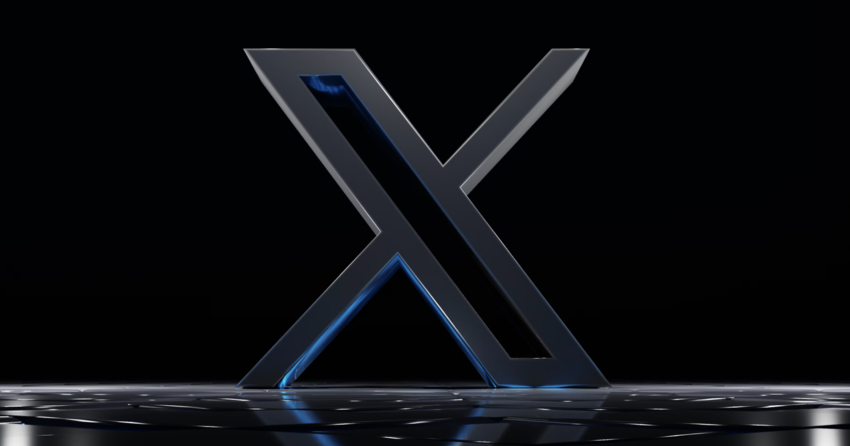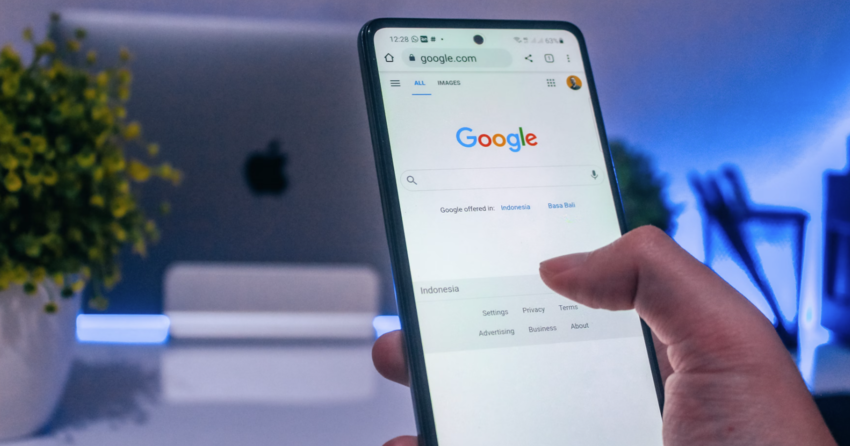
Google Adds AI-Powered Image and Draft Generation in Search
Google announced new generative AI capabilities for its Search Generative Experience (SGE). Users will be able to generate images and customize written drafts. The new features are available in English to US-based users who have signed up via Google Search Labs.
With descriptive text prompts, SGE will generate four results that can be downloaded as PNG files or saved to Google Drive. Users can also edit the original prompt to generate a new set of images. While Microsoft’s Bing image generation tool operates on OpenAI’s text-to-image model DALL-E 3, Google’s image generator will use its proprietary Imagen text-to-image model.
Google’s image generation feature is also available through Google Image Search. People scrolling through image results can opt for AI assistance if they can’t find relevant images. A prompt box will appear within the results to help them generate the desired images using AI.
Each image contains embedded metadata and a watermark invisible to the human eye that signals it’s AI-generated. This is possible thanks to SynthID, a technology developed as a result of a joint effort between Google Cloud and Google DeepMind.
Due to concerns that the technology may create inappropriate content, Google limits SGE AI image generation to people who are at least 18 years old. As a reference, other SGE features are available to users as young as 13 years.
Additionally, Google introduced filters and blocks that prevent the creation of “harmful, hateful, or explicit content.” The AI image generation tool won’t create images that contain photorealistic faces and doesn’t support prompts that include the names of celebrities or other notable people.
Google is also introducing a writing assistant capable of composing drafts directly in Search. Users can ask SGE to edit the raw AI drafts for length and tone. There’s an option to export the drafts to Google Workspace apps such as Google Docs or Gmail.
Google is continuously advancing SGE with new generative AI features to stay ahead of Microsoft’s AI-powered Bing. The tech giant has introduced a series of new AI-powered capabilities over the past few months, including the ability to write summaries and define unfamiliar terms, travel and product search features, and coding improvements.
Recently, the tech giant has lifted restrictions on AI-generated content from its SEO playbook, which aligns with its heavy focus on leveraging AI to keep its dominant position across various technology verticals, including search engines.













